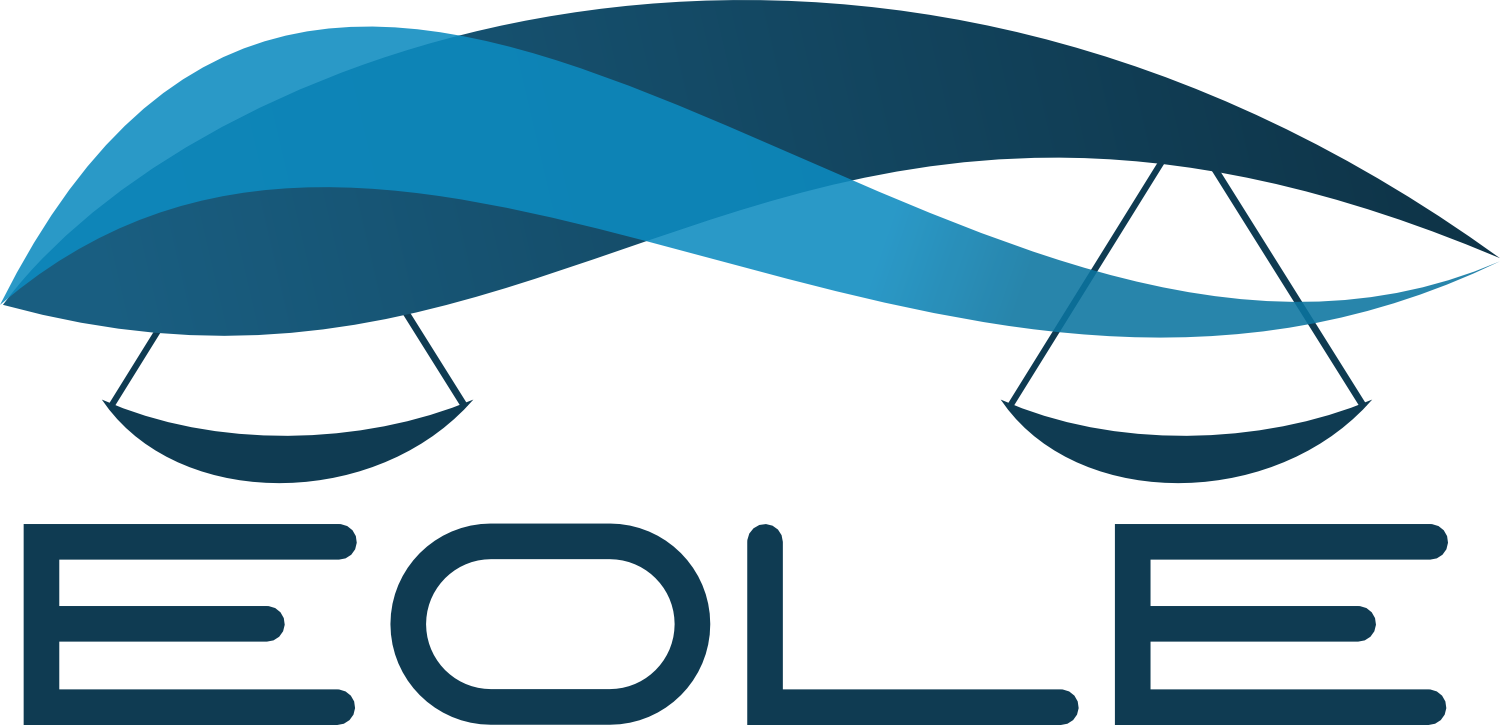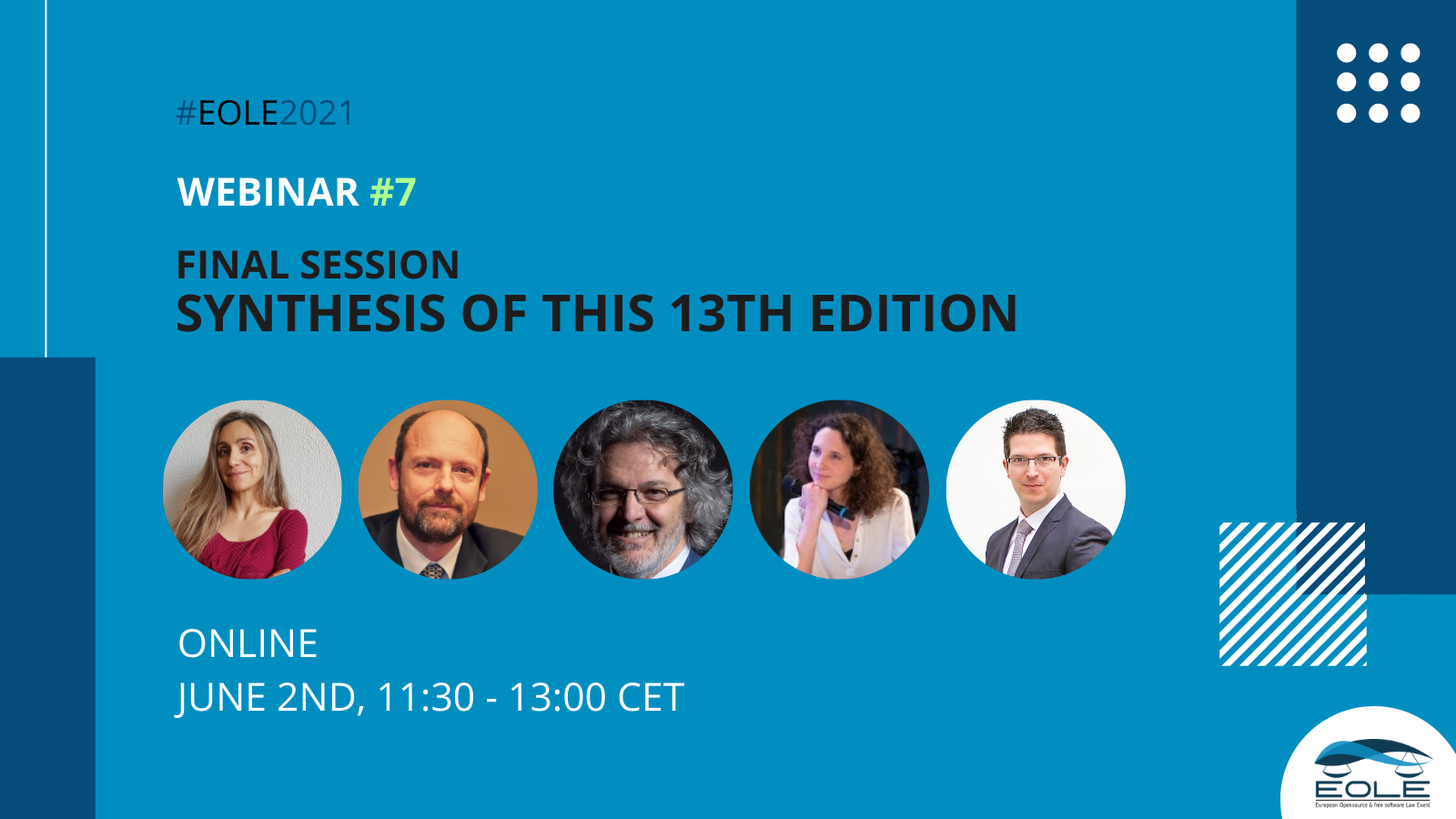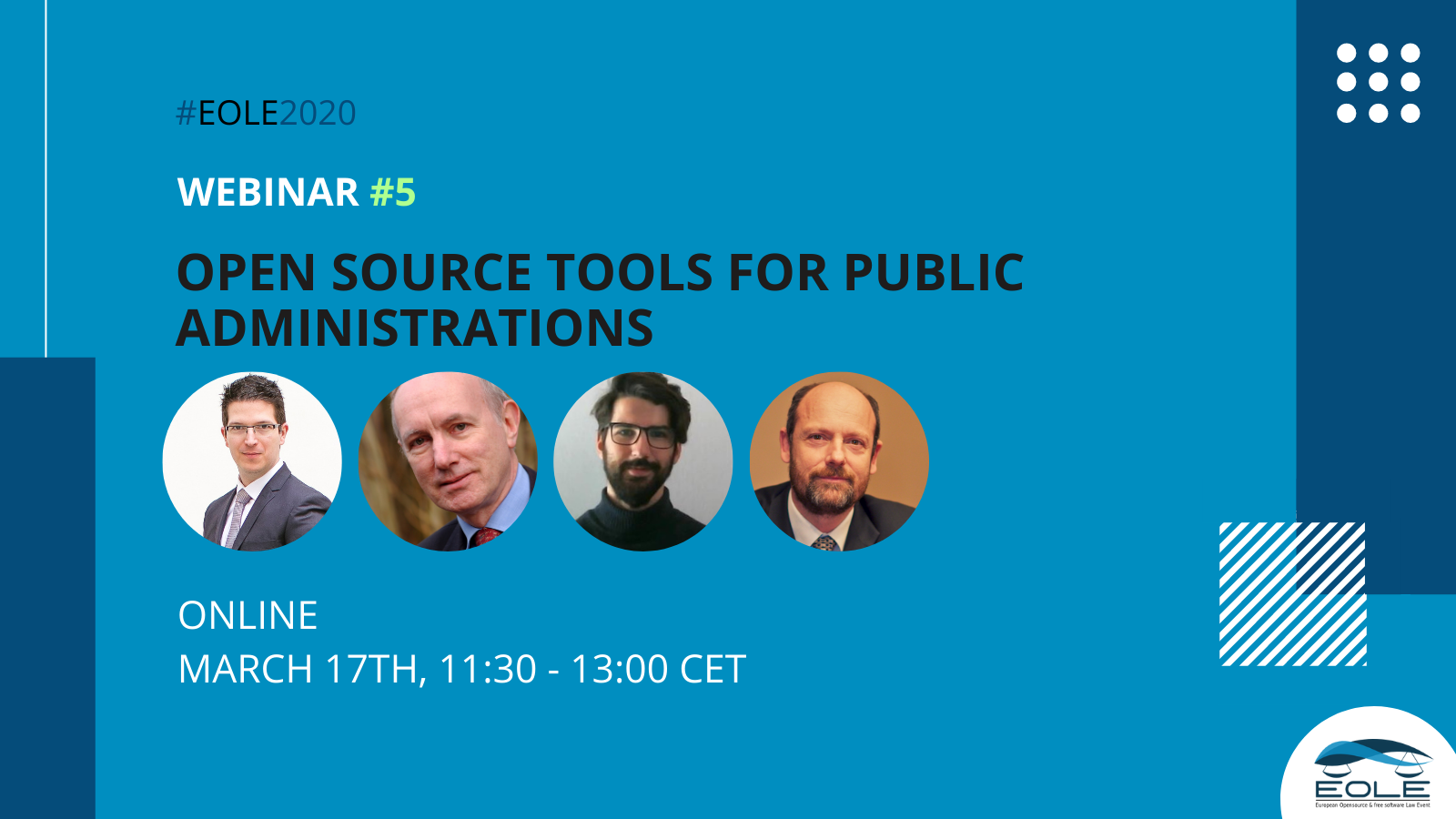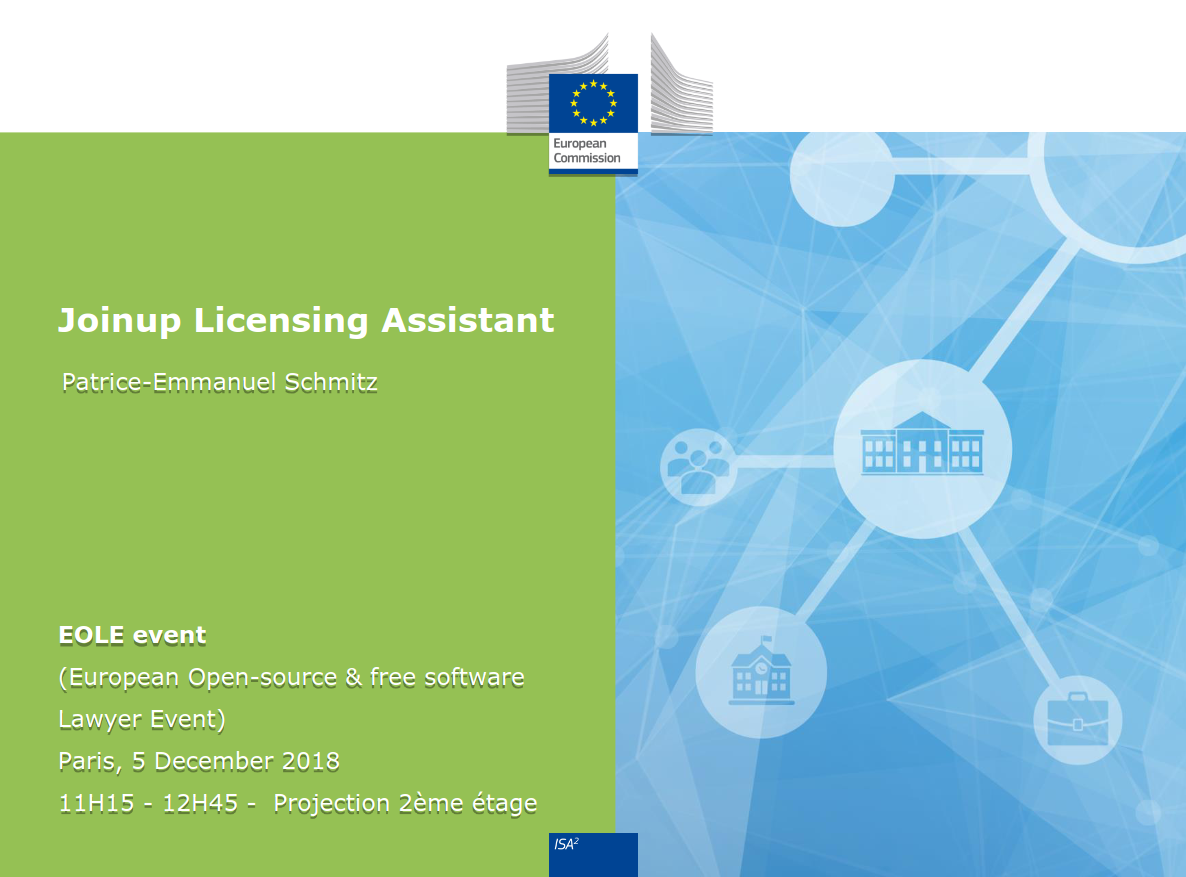
Patrice-Emmanuel Schmitz
Patrice-Emmanuel Schmitz is lawyer, ICT practitioner and legal expert in the framework of www.JOINUP.eu, the collaborative public sector sharing and reusing website of the European Commission. He authored several studies in the field of intellectual property rights applied to software, the public procurement reform, the best practice contractual clauses in case of software procurement, data protection under the GDPR, cloud computing and data sharing. He coordinated the writing and translation in 23 languages of the European Union Public License (EUPL) that is used by both public and private sector to distribute free/open source software and the writing of various other legal instruments.



